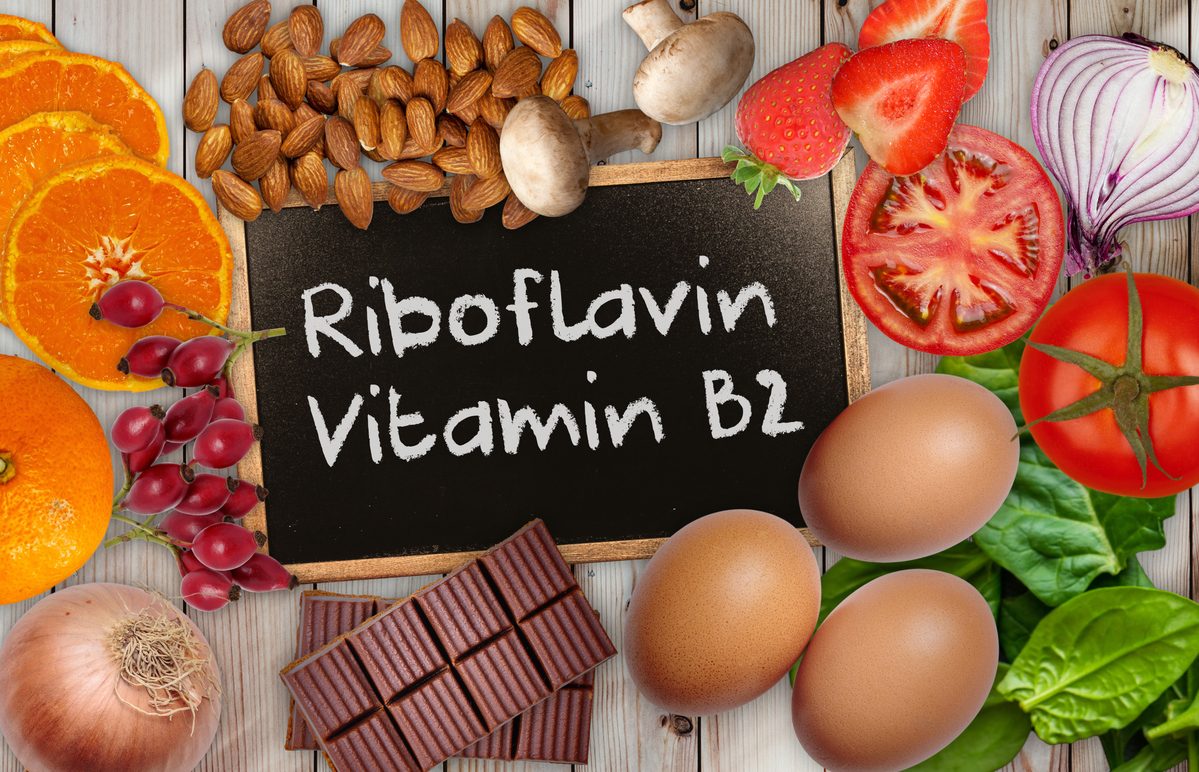- Empty cart.
- Continue Shopping
The Importance of Riboflavin for Cellular Function

Nutrition science has long emphasized the role of vitamins and minerals in maintaining optimal health. Among these, riboflavin, commonly known as Vitamin B2, holds a special place. This essential nutrient plays a pivotal role in cellular function and metabolism. We’ll explore the importance of riboflavin, its functions, and why it’s crucial for cellular health.
What is Riboflavin?
Riboflavin is a water-soluble vitamin that is part of the B-vitamin family. It’s naturally present in some foods, added to others, and also available as a dietary supplement. The body needs riboflavin to perform a range of biological functions, but it’s particularly vital for cellular respiration and energy production.
Key Functions of Riboflavin
Energy Production
One of the primary roles of riboflavin is in the production of energy. It acts as a coenzyme for oxidation-reduction reactions in various metabolic pathways. These reactions are essential for the metabolism of carbohydrates, fats, and proteins, which are the body’s primary sources of energy.
Antioxidant Defense
Riboflavin is also crucial for the body’s antioxidant defense system. It helps regenerate one of the most important antioxidants in the body, glutathione, which fights off free radicals and reduces oxidative stress. According to a study published in the “European Journal of Nutrition,” adequate levels of riboflavin are associated with increased antioxidant protection.
Cellular Growth and Function
Riboflavin plays a significant role in cellular growth and function. It is essential for cell growth, reproduction, and the maintenance of the skin and mucous membranes. It also aids in the conversion of vitamin B6 and folic acid into their active forms, which are necessary for various cellular functions.
The Consequences of Riboflavin Deficiency
Physical Symptoms
A deficiency in riboflavin can lead to a range of physical symptoms, including sore throat, redness and swelling of the lining of the mouth and throat, cracks or sores on the lips, and inflammation at the corners of the mouth.
Metabolic Disruptions
Lack of riboflavin can also disrupt metabolic activities. It can lead to a decrease in the body’s ability to metabolize food for energy, resulting in fatigue and weakness.
Dietary Sources and Supplements
Natural Sources
Riboflavin is naturally present in foods like milk, eggs, lean meats, and green vegetables. Whole grains and fortified cereals also contain significant amounts of this essential nutrient.
Supplements
For those who have difficulty obtaining enough riboflavin through their diet, supplements are available. However, it’s crucial to consult a healthcare provider for the appropriate dosage and to ensure that it doesn’t interfere with other medications or conditions.
In summary, riboflavin is an indispensable nutrient that plays a multifaceted role in cellular function and overall health. From energy production and antioxidant defense to cellular growth and metabolic regulation, its impact is far-reaching. Ensuring adequate intake of riboflavin through diet or supplements is crucial for maintaining cellular function and overall well-being. So the next time you’re planning your meals, remember to include sources of this vital nutrient. Your cells will thank you for it.








